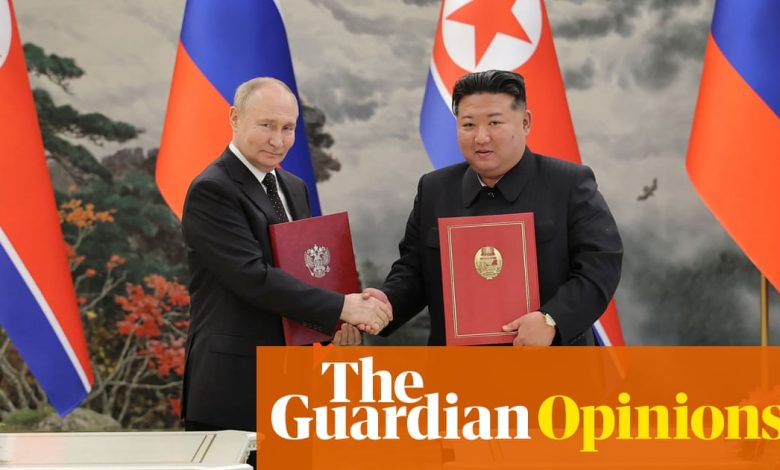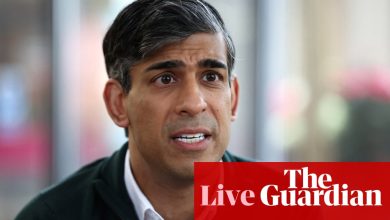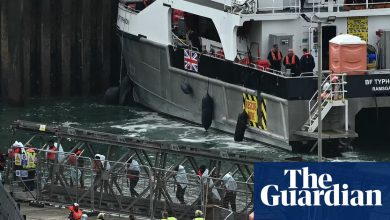The Guardian view on Putin and Kim: an alarming new pact needs close attention | Editorial

[ad_1]
A a shiny, sanctions-violating Russian limousine for Kim Jong-un. A flattering, rapturous welcome to Vladimir Putin. These grand gestures may be welcomed by the leaders of North Korea and Russia, but they are intended as much for their global audiences as for each other. The real prize is strategic partnership agreement which they signed during Mr Putin’s first visit to Pyongyang since 2000. The question is what this will mean in practice.
Relations have been renewed by events outside Asia, but hopes of curbing them lie in the region. The immediate cause is apparently Russia’s invasion of Ukraine: an isolated and impoverished Pyongyang is already thought to have supplied millions of artillery shells in exchange for cheap oil, food and other essential goods. Russia could also benefit from North Korean manpower, though much more likely for manpower than combat.
Further back lies Mr Kim’s disastrous courtship and dismissal by Donald Trump. Quite predictably, by giving him a top-level meeting without any realistic strategy for improving relations over the long term, the then-president ensured that Mr Kim gave up on improving relations with the US and looked elsewhere. It also prompted Mr Putin and Xi Jinping, who had kept Mr Kim at bay, to embrace him closer.
The revival of the Soviet-era promise of mutual support against “aggression” sounds mostly symbolic given North Korea’s nuclear might. More disturbing is Mr Putin’s remark that the partnership could include “military-technical cooperation”. US intelligence officials have said that they believe Russia is providing nuclear submarine and ballistic missile technology, even though it is likely to receive a high price for such expertise and has mixed feelings about North Korea’s progress. At a minimum, Russia – which signed sanctions in the Obama years – is now blocking diplomatic action to contain North Korea.
The West has long feared a stronger bond between Pyongyang, Moscow and Beijing. The launch of the Australia-UK-US Security Pact (Aukus), a response to China’s growing power in the Asia-Pacific region, has in turn raised Beijing’s displeasure. But China does not see the others as equals and does not want to be seen as part of a tripartite axis with two exile countries, hence the absence of a Beijing stop on Mr Putin’s Asia tour itinerary. It would also like to maintained an upper hand in the governance of North Korea, and to limit its weapons development. It does not want the US to become more active in the region and is concerned that it is drawing closer to Japan and South Korea, which are also increasing their defense capabilities. To Mr. Kim shift from the long-standing commitment to unification with the South to emphasizing hostility did not help.
South Korea too said explicitly that he would consider sending weapons to Ukraine in response to the Russia-North Korea deal, setting out the message to Moscow. So far, Seoul has had limited direct support for non-lethal supplies, although it has signed hefty arms deals with Kiev’s allies. Russia, which has also rapidly increased its own arms production, may in the longer term rekindle its relations with South Korea and Japan anyway; their large economies compare strikingly with North Korea’s limited attractions. It also offers hope that this deal could be limited both in scope and in duration. The danger is how much damage is done in the meantime.
[ad_2]




